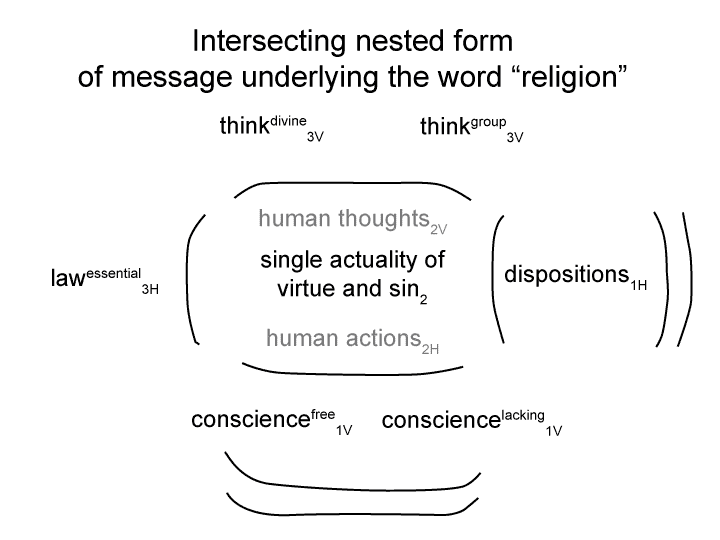Man and Sin by Piet Schoonenberg (1964) 2.1H
Summary of text [comment] page 64
[The appeal of indulgences was obvious. You could buy a few indulgences in order to… um … indulge yourself. No treasure box of indulgences could keep you from going to hell for the big ones, the mortal sins, but they could ease the way for the little pleasures. They could make little sins appear as little pleasures.
After all, the reason why one purchases an indulgence is “to mitigate God’s wrath, His Judgment in the afterlife”. The purchase admits the transgression. The purchase in no way condones the person’s sinful actions (or inactions). Yet, the purchase fosters … delinquency.
Ironically, the word “indulgence” took on “the meaning, presence and message associated with the purchase of the printed indulgence”.
A ducat could buy you one less day in purgatory and a little more fun today.]

